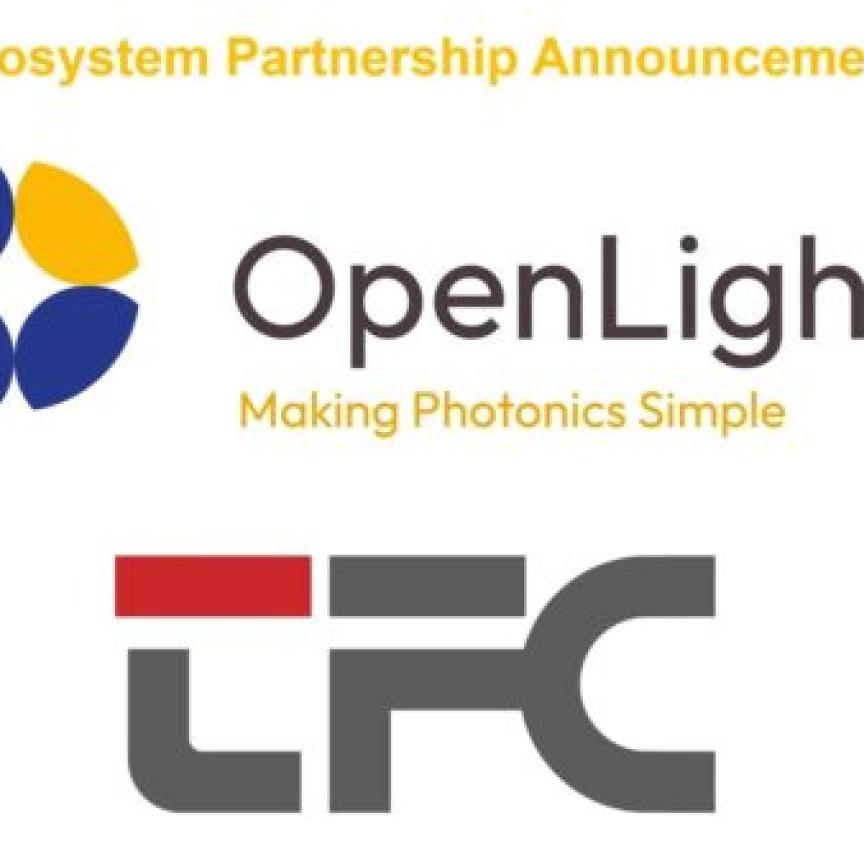School students in the Santa Clara Unified School District are being given an introduction to microscopy and silicon chip production in a programme created with the semiconductor manufacturer KLA.
The KLA Foundation set up the STEM Inspectors scheme to teach the basics of semiconductor production to school children in Silicon Valley. The aim is to inspire the next generation of engineers.
Microscopes, specifically electron microscopes, are a key quality control tool in the semiconductor industry and are incorporated into KLA’s inspection and metrology solutions.
The lessons use a product called a Foldscope. Developed by Manu Prakash and Jim Cybulski at Stanford University, the paper microscope costs roughly $1 to manufacture, can magnify up to 140x and has a 2µm resolution.
In a series of five lessons, developed in partnership with Santa Clara Unified School District, students used the microscopes to find chip defects.
Environmental science teacher, Goldie Malone, and KLA marketing director, Kara Sherman, created the lesson plans to incorporate the use of microscopes and teach semiconductor basics to students.
Malone said: ‘STEM Inspectors has developed organically out of a donation of foldscopes from KLA to my seventh grade science class. Over the last two years, this project blossomed into a beautiful series of lessons that covertly teach students what KLA does by using their Foldscopes to search for “defects” in a custom slide that was created by a KLA employee. The most beautiful thing about this collaboration is introducing our most vulnerable students to future career options that they didn’t even know existed.’
After piloting the programme in summer 2020, the KLA Foundation and its educational partners have delivered the lessons to more than 1,000 students globally.
The programme was developed by KLA Foundation to help close the STEM education equity gap, provide students with useful STEM skills, and introduce them to the many career opportunities available in the semiconductor industry.
The KLA Foundation is now expanding its partnerships to other educational institutions, including the Arizona Science Center, Idaho STEAM Center, two schools in Israel, and India. It is also working with schools in South Wales, UK.


